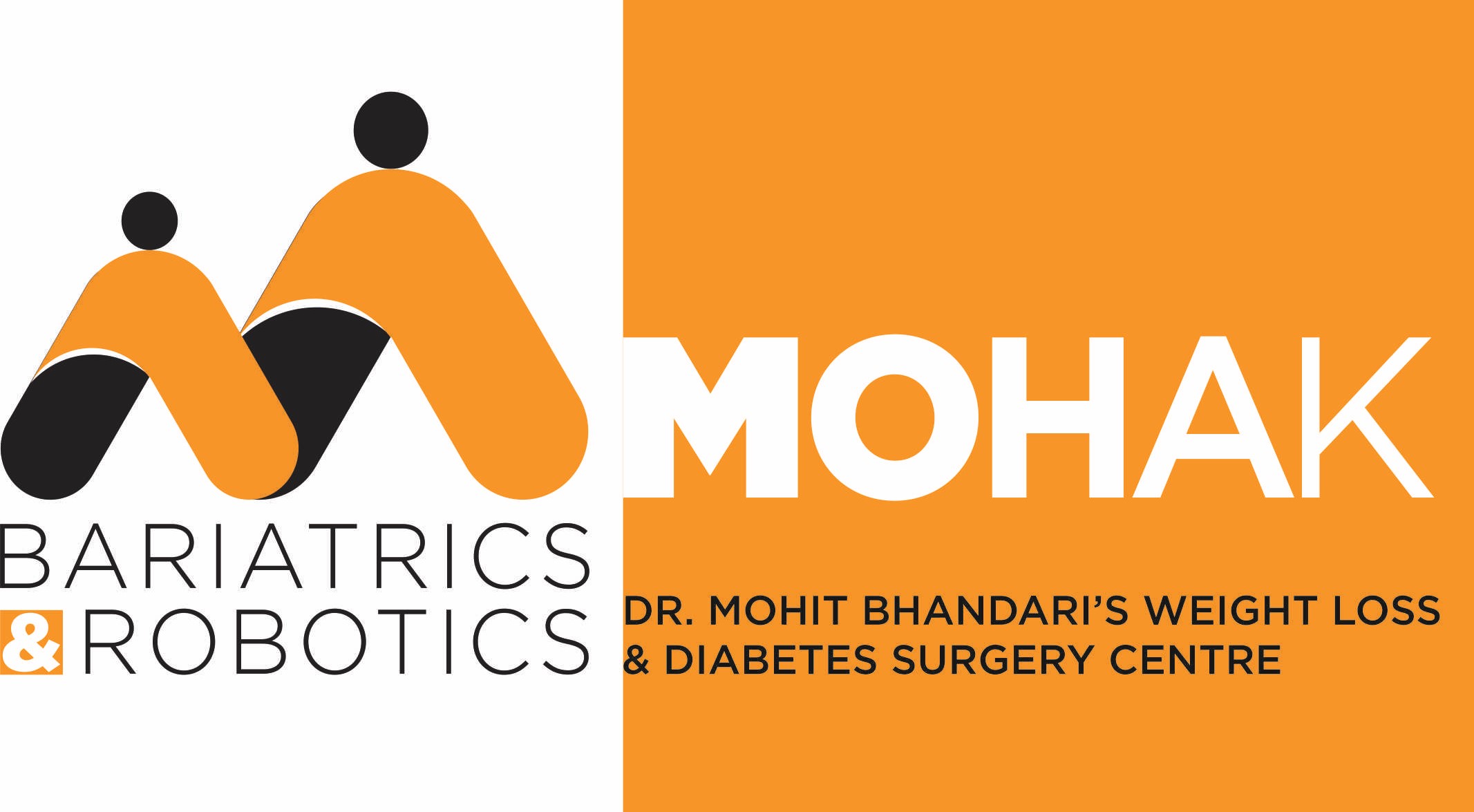Studies show that gastric bypass surgery leads to long-term diabetes remission, complete eradication of diabetes. To understand the association between gastric bypass surgery and diabetes, let’s first see what gastric bypass surgery is?
It is a surgery that helps obese people lose excess weight by changing the way the stomach and small intestine holds the food one eats. After gastric bypass surgery, the stomach becomes smaller. The person starts feeling fuller, even after consuming a smaller portion of food. Rest assured that the patient will be pain-free during the surgery. Every bariatric surgery procedure is different, and it depends on the patient’s physical condition. Still, gastric bypass is the one most commonly performed.
What happens in gastric bypass surgery?
- Firstly, the stomach is made smaller. The surgeon use staples and divide your stomach into two- one is the upper smaller portion called the pouch, which is about the size of a walnut. This is where all your food will go once you eat, and this can hold up to 28 grams. Thus, you end up eating less and lose excess weight. The lower portion of the division is the larger one.
- The next step is to perform bypass, in which the surgeon connects a small part of your intestine to the hole in your pouch. So that food travelling to your pouch can reach the small intestine. Due to which the body will absorb fewer calories.
- Another way to perform this can be by using a small camera fitted in your belly by making minor cuts. This is called laparoscopy. This camera is connected to a video monitor, which allows the surgeon to see inside the abdomen while operating.
Type 2 diabetes in India:
One in every 6 Indians has diabetes. India has 77 million diabetics, making it number 2 on the global list, after China. However, type 2 diabetes is commonly prevalent in older adults. But with an augment in urbanization, lifestyle changes, and elevated obesity in the early stages – type 2 cases have increased in young people.
Type 2 Diabetes is a chronic condition in which the body stops regulating a balance in blood sugar level. It either resists insulin or does not produce enough insulin. Even if the insulin is produced, body cells fail to utilize it efficiently. Which can aggravate existing poor health conditions such as heart-related disease, increase thirst, hunger, frequent urination, fatigue, and blurred vision. Medical studies show that there can be many causes of diabetes, known and unknown, but the primary reason remains obesity. Especially when you are carrying extra fat around the visceral area. So, if we remove the cause, we treat the problem. The quickest way to do so is to get a bariatric surgery done if your BMI is 25 with type 2 diabetes or 30 and above.
Gastric bypass surgery and diabetes remission
There can be many treatment options such as exercise, medication, healthy eating and many more- it all hinges upon if we are uprooting the cause. Losing 5-10% of the bodyweight can be a kickstart your body might need if you have diabetes. Study shows it improves your blood sugar level. But obesity cannot be regulated solely by healthy eating or exercise. The fastest way is bariatric surgery along with post-surgery diet care and exercise.
But let’s understand the association of particularly gastric bypass surgery and diabetes remission. Medical experts say that if an obese patient opts for bariatric surgery, then going for gastric bypass soon after diagnosis hikes their chances to remit diabetes. While they also say that gastric bypass for obese patients with diabetes can be a whole new treatment. A few more observations about this are:
- Diabetes remission by gastric bypass surgery was more prevalent in younger patients.
- More effective on those who have diabetes for a shorter period before the surgery.
- It also reduces the need for anti-diabetic medication.
- And lowers the incidence of both microvascular and macrovascular complications in obese patients having type 2 diabetes.
To bring to notice, in general, weight loss surgery can lead to a complete remission of diabetes in most patients. It restricts the amount of food entering the stomach, either by malabsorption of nutrients or by a combination of both gastric restriction and malabsorption. A few changes in lifestyle post-surgery helps in maintaining the lost weight.
So, suppose you find yourself obese and suffering from type 2 diabetes or at potential risk. In that case, it’s time you consider consulting an expert. You can talk to an expert at – 6232012342.
